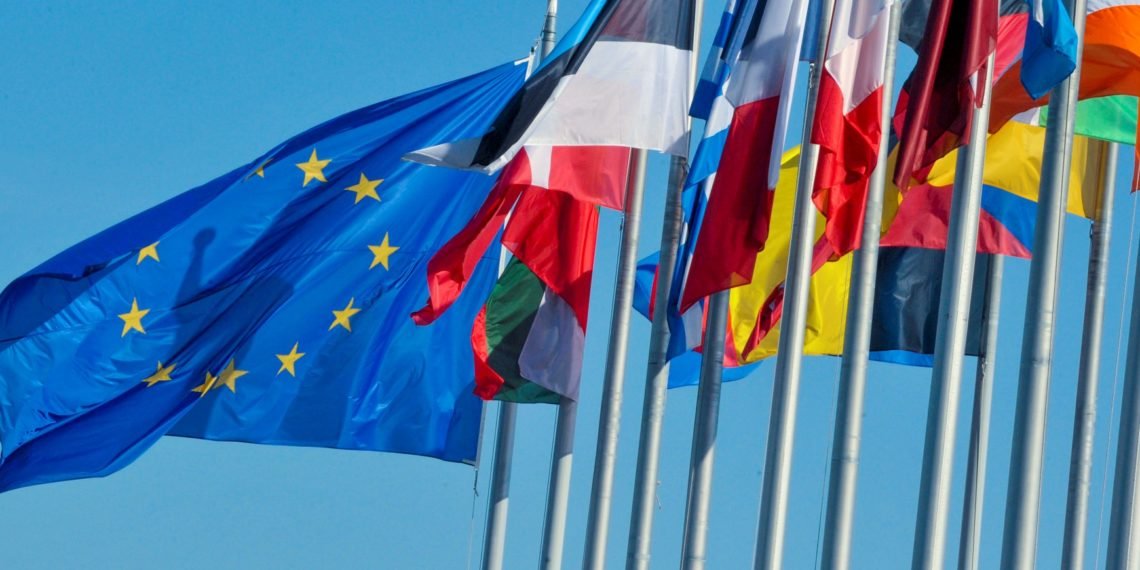The International Monetary Fund (IMF) is expecting the European economy to contract by 7 percent in 2020 and rebound by 4.7 percent in 2021. In its October edition of the outlook for Europe, the IMF also projects headline inflation to soften to 2 percent in 2020, a 1 percentage point below its 2019 level. Generally, inflation in Europe is expected to be low edging up to 2.4 percent in 2021.
The IMF stated that the coronavirus disease (COVID-19) pandemic is exacting a severe social and economic toll on Europe. According to the Fund, by mid-October 2020, more than 240,000 people have lost their lives in Europe, while nearly 7 million people are estimated to have been infected with the virus. Early spring lockdowns, voluntary social distancing, and associated disruptions in supply chains and lower demand led to a record collapse in economic activity.
Real GDP fell by about 40 percent in the second quarter of 2020 (annualized quarter-over-quarter), with deeper contraction in advanced Europe, where the virus spread first, relative to emerging Europe. The pandemic’s toll on Europe could have been much larger without the unprecedentedly strong and multifaceted response to the crisis. Across Europe, governments deployed large fiscal packages to support households and firms, with job retention programs preserving at least 54 million jobs.
In the wake of the pandemic, central banks embarked on substantial monetary easing through both conventional and unconventional means, to support the flow of credit and prevent financial market disruptions. Macro prudential measures were also eased to cushion the impact of the crisis on both banks and borrowers.
“The European Union relaxed existing rules to accommodate increasing fiscal deficits and support to households and firms. In a strong display of solidarity, it is also mobilizing supranational resources to finance new anti-pandemic facilities and complement national fiscal policies. Nevertheless, the outlook for 2020 remains bleak and the recovery will be protracted and uneven”.

The IMF also expressed worry about the ongoing resurgence of infections across Europe, which the Fund sees as perhaps the greatest downside risk at this stage.
“A no-deal Brexit would also imply an additional and potentially sizable shock to activity amid the pandemic”.
A key challenge facing policymakers in the near term, according to the IMF, is how to calibrate containment measures to minimize the immediate social and economic damage.
The Fund, therefore, admonished European governments to maintain policy support until the recovery is fully entrenched. A premature scaling back of supportive policies could drag countries back into recession, undoing much of what has been achieved so far.
The IMF also advised that support to viable jobs and businesses should be maintained, including through job retention programs. Continuation of accommodative monetary policies is warranted by the muted inflation outlook and considerable economic slack. Banking supervision authorities should continue to exercise prudential flexibility in order not to jeopardize the flow of credit.
“The combination of job-retention programs, debt moratoria, grants, and loan guarantees can be effective in addressing corporate liquidity needs, especially in advanced European economies. At the same time, the ability of the announced policy measures to curb the increase in insolvency risks appears more limited”.


















